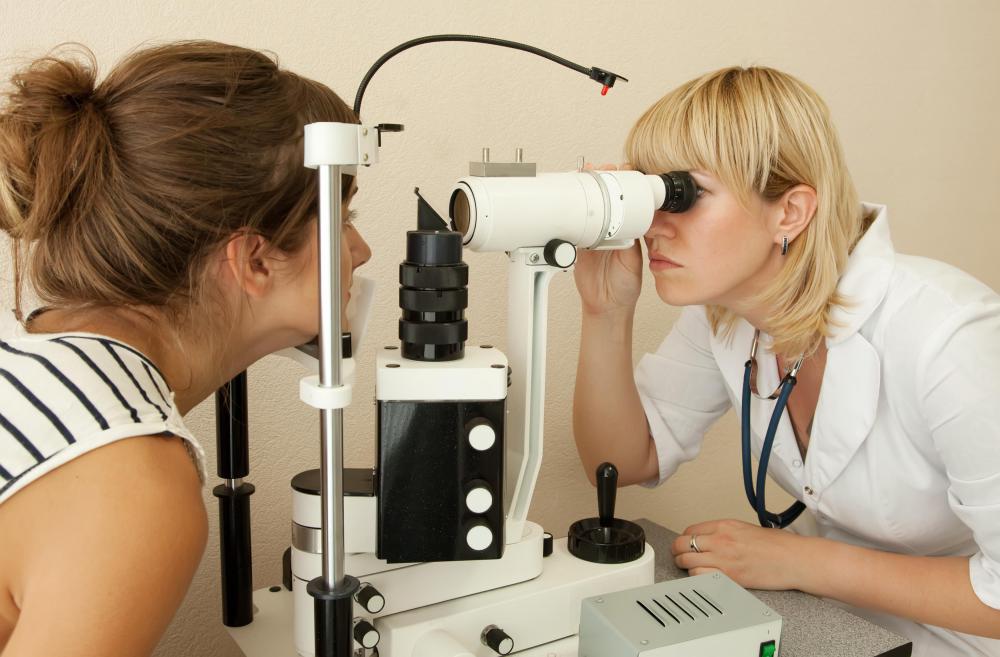At TheHealthBoard, we're committed to delivering accurate, trustworthy information. Our expert-authored content is rigorously fact-checked and sourced from credible authorities. Discover how we uphold the highest standards in providing you with reliable knowledge.
How Effective Is Naltrexone for Alcoholism?
Naltrexone is a prescription medication used to combat alcoholism. It is an opioid receptor antagonist that works to treat alcohol-dependent individuals. The drug is also effective in the treatment of opioid dependence. Naltrexone for alcoholism is administered through an injection by a health care professional or given orally by tablet to outpatients. Research on the use of naltrexone for alcoholism has concluded it is an effective deterrent to alcohol cravings.
A pair of studies published in 1992 regarding the effectiveness of using naltrexone for alcoholism provided evidence of the drug's effectiveness. Later studies continued to support such results. Naltrexone, when used properly, reduces the risk of relapse and the severity of relapses that do occur. In addition, the medication has proved effective with or without the addition of psychotherapy or group addiction meetings. Its effectiveness is believed to come from its impact on areas of the brain that control risk-taking and pleasure-seeking behaviors.

Once a patient is stabilized, he or she is typically prescribed one tablet per day. Side effects of naltrexone for alcoholism include nausea and vomiting. These side effects typically disappear within a few days of starting the medication. In addition, an increase in liver enzyme levels is possible. Periodic blood tests can check for such increases, and dosages can be adjusted to reduce them.

Injectable naltrexone is used for clients who cannot be trusted to comply with taking naltrexone tablets. It is also used in patients who have difficulty swallowing pills or do not want to be tied to a daily medication regime. A monthly intramuscular injection eliminates the need for tablets. It is a convenient treatment method, though it does involve a monthly visit to a health care professional for the injection.

While it is not necessary to combine outpatient treatment with the use of naltrexone for alcoholism, studies have shown that long-term success is more likely when combined with at least 16 weeks of outpatient counseling treatment. Individual counseling, group counseling, and 12-step meetings are among suggested outpatient treatment methods. Naltrexone for alcoholism is a safe, relatively easy method used to combat the disease. As with other addiction treatments, however, the alcoholic must want to stop drinking for it to work long term.
AS FEATURED ON:
AS FEATURED ON:













Discuss this Article
Post your comments